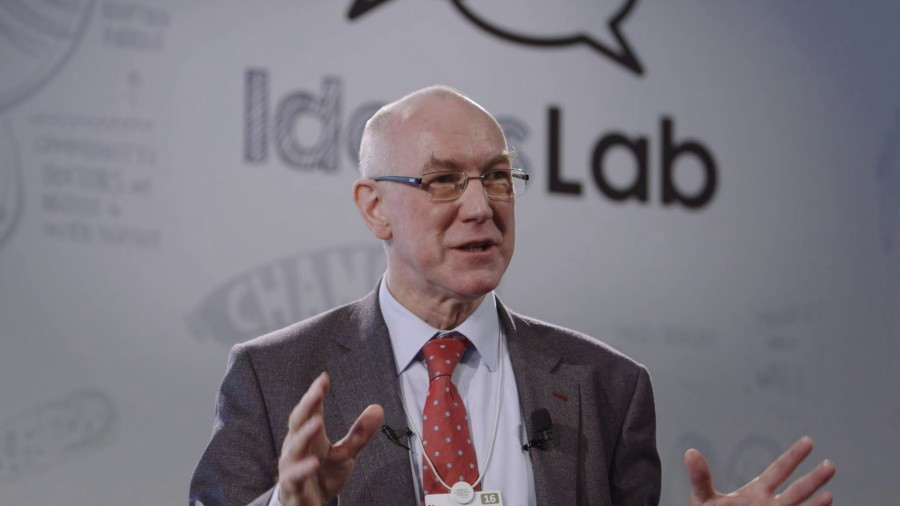One of the most important insights that I’ve gotten in working with biologists and ecologists is that today it’s actually not really known on a scientific basis how well different conservation interventions will work. And it’s because we just don’t have a lot of data.
Archive
For any artists that are working in this field now, if I was good at painting I’d probably be looking at how to find styles that work well with these kind of representations and make them easily automatable or transferable so that if I had fans as an artist they could say, “Hey, I would like to have a picture of my cat painted.”

The idea of putting a robot simulator inside a robot, well, it’s not a new idea but it’s tricky and very few people have pulled it off. In fact, it takes a bit of getting your head round. The robot needs to have, inside itself, a simulation of itself and its environment, and others in its environment. And running in real-time as well.
